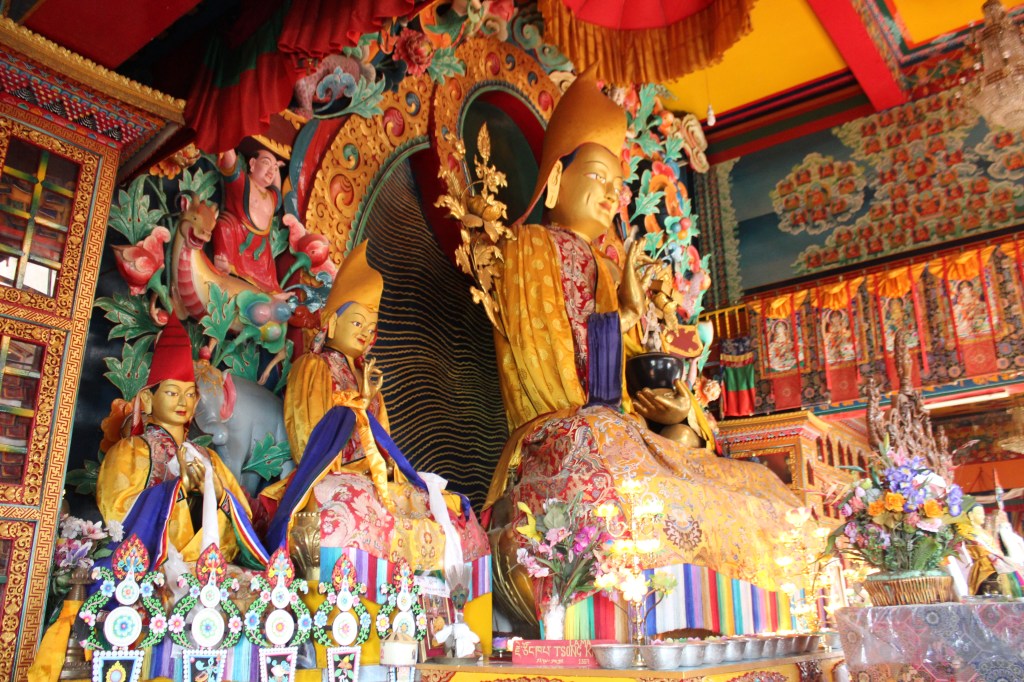Buddhism in the Back Room: Doing Laundry to do Laundry…

Beware a path too easy, because it may be a false one. Maybe that goes without saying, but probably not, because most people assume that if they ever find an acceptable path in life, then hopefully it should at least be easy. And I get it, me too, but good luck finding that in real life, because real life is nothing if not a challenge. And Buddhism is no different. In fact, ease and benefit may be inversely proportional, i.e. the easier it is, the less benefit you’ll derive from it. Which almost seems too obvious, that you get what you work for, but sometimes it’s necessary to spell things out.
This goes to karma, of course, actions, and comes back around as a sort of fate, prescribed actions based on prior performance, anything but predetermined, even when that is what some people want in their religion above all else. Many people can see no reason to believe in a religion when it offers them nothing but freedom of choice. People want magic. Except when they want certainty. Don’t worry. When they know, you’ll know, and life will be nothing if not exciting in the process.
And isn’t that what most people want more than anything—excitement? Unfortunately, that is the case all too often. People are more desirous of drama than dharma, and who cares if the kids must figure out what’s right and wrong in their own free time and at their own limited initiative. But Buddhism is better than that. The Buddhist Five precepts are almost identical to the Christian’s second set of Five Commandments, everything except the alcohol. The first set of five are fundamentally Islamic. Then Buddhism only gets better: Emptiness, Consciousness, Kindness, and Goodness, the Four Nesses’ even nobler truth, IMHO. You heard it here first.












Reply